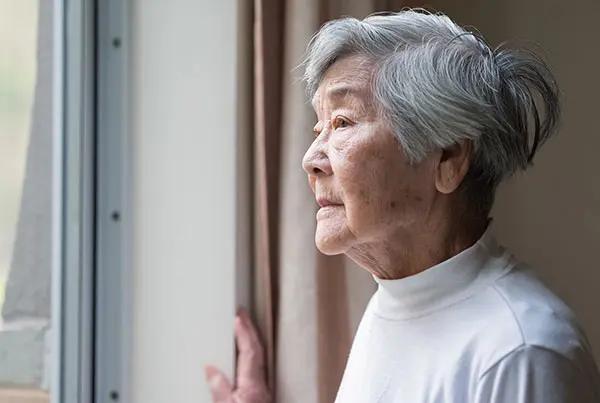As many of us adjust to the “new normal” of increased social distancing and overall isolation, the need to maintain our cognitive fitness is more important than ever before. However, these unprecedented times have only increased the mental health burdens on our most vulnerable members of society: the elderly. As we age, our cognitive abilities and health naturally decline as neurodegeneration takes hold. Compounding this is the added increased isolation and confined living conditions.
The Challenge to Traditional Cognitive Fitness Methods
As discussed in previous posts, there are many tried and true methods of maintaining cognitive fitness. These include:
- Socialization with others
- Engaging in cognitively challenging tasks (mental exercises such as puzzle solving)
- Being physically active
- Having a specific healthy diet
However, with the added factor of COVID-19 forcing longer periods of isolation and distancing, keeping up with this disciplined lifestyle on a consistent basis has proven difficult to do. According to Dr. Nissinen, a Neurologist Memory/Cognitive Disorder and Concussion Expert,
“I have seen a lot of changes and cognitive decline in my patients with Alzheimer’s disease due to the lack of socialization and ability to go out and participate in activities. Furthermore, COVID has limited opportunities for exercise, such as guided activities. For some elderly it has even resulted in dietary changes because of the inability to shop at the same stores as before.”
As such, attempting to maintain regular physical activity and social relationships is made more arduous without coaching or in person contact with peers. The limitation of services and businesses has contributed to this as well. Individualized diets when restricted due to decreased access can quickly result in unintended weight loss or illnesses.
Another detrimental mental health component that stems from prolonged isolation is loneliness. Simply not being in contact with friends or family over a period of weeks or months can contribute significantly to episodes of depression and unwillingness to maintain a schedule.
A Continual Developing Study
COVID-19 is having an enormous and continual impact in the cognitive health of the elderly. There is still much that we have yet to collectively understand as the conditions of the pandemic create newfound health risks. Thankfully service restrictions have been lessened over time, allowing for new opportunities for the medical community to observe and study these developing effects in patients. To learn more, visit the Kaizen Brain Center.
